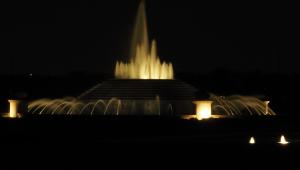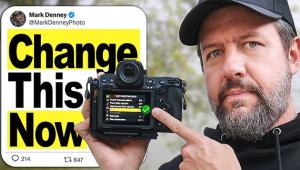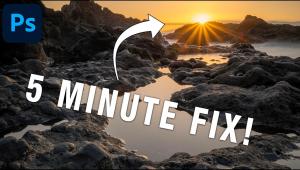FILM SCANNING REMAINS POPULAR
Digital camera buyers and users realize a photograph in digital form has many advantages film and printed paper photographs never enjoyed. And, of course if the image files are stored securely they will not deteriorate in time. The result of an understanding and awareness of digital photography by owning and using a digital camera has encouraged many that it would be a great advantage to have their old film libraries in a digital format, it would make it possible to duplicate that image history on CD’s or DVD’s too, and share the library and its history with friends and family members.
Is this some hair-brained theory I dreamt up? No I can’t even take credit for the idea that the digital camera has inspired a new and growing interest in scanning film. I have received hundred’s of e-mails from Shutterbug readers saying they recently got into digital camera photography and would like to scan and digitize their library of film images from the past. And I am sure it inspired among older photographers who have a history of their family on film, but the kids now have their own lives, sometimes far away, and it would be a good thing to give them a record of their earlier home and life for themselves and their children to know and keep.
But of course marketing experts in the photo product business knew better, that digital cameras were the future; and not thinking for many pictures of the past are as important if not more so than new photos taken today. So Canon, Nikon, Minolta and others have abandoned making and selling dedicated film scanners, although the capability has been built into flatbed scanners made by both Epson and Canon, and recently they are now truly competitive with the dedicated film scanners of the past. That is fortunate as it provides more choices to photographers interested, as well as the ability to also scan120 size film as well as prints.
How long will this popularity of film scanning last? That is hard to tell how long it will take for people to remember they have a shoebox full of cartons of 35mm slides, and then get a scanner and digitize them for history. I think it may be awhile before all of the “baby boomer” photographers retire and spend part of their new leisure time recovering the images from their previous pastime activities.

































